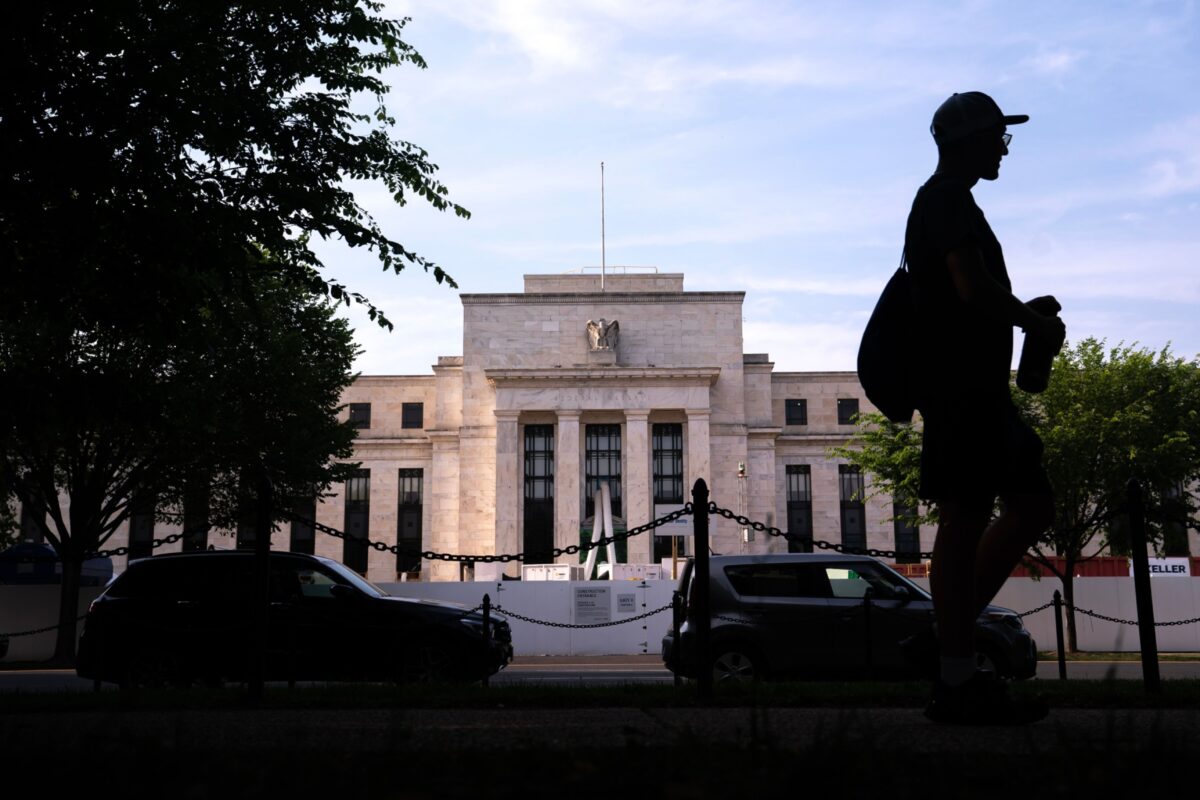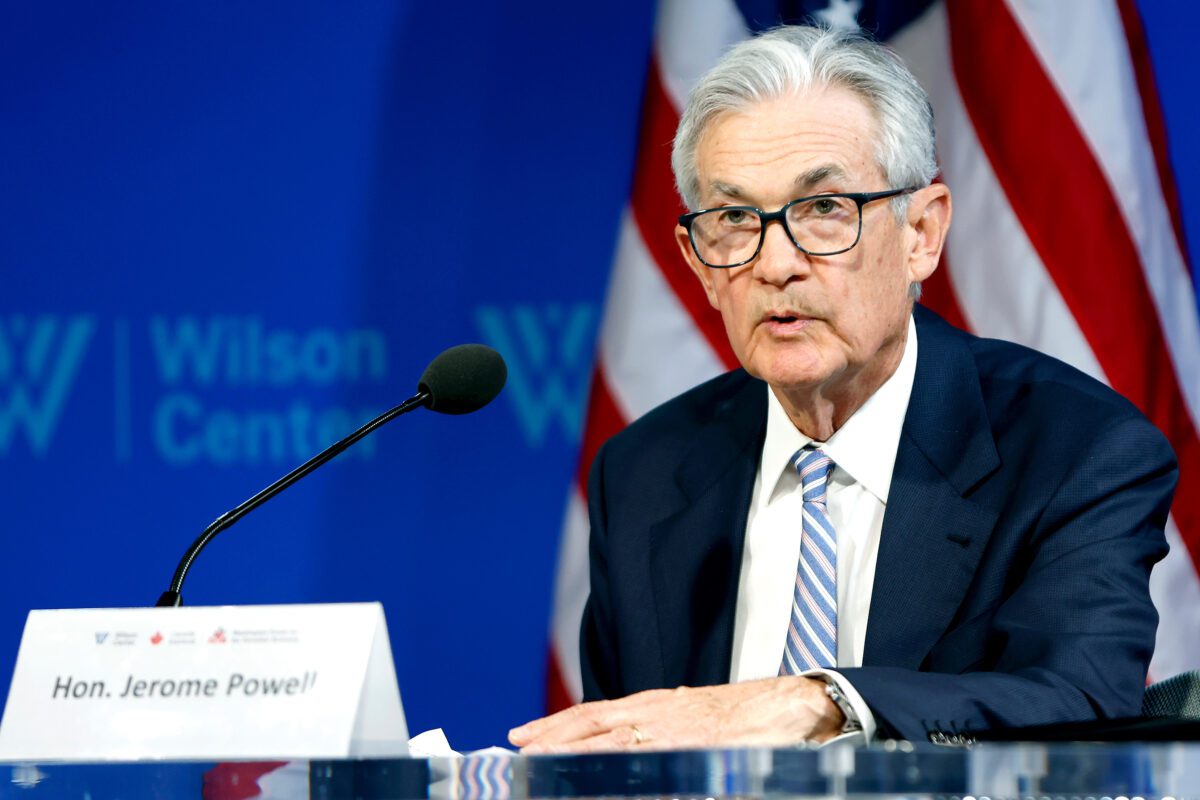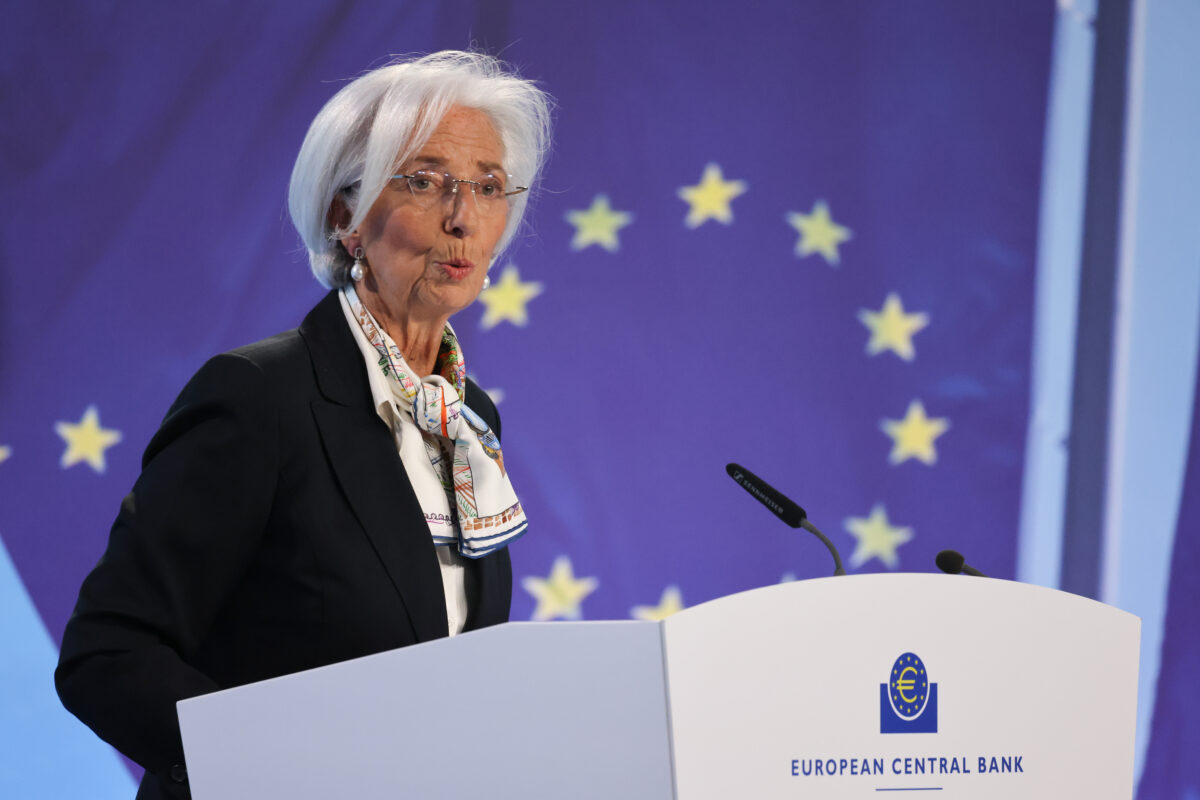Die Bank of England hat soeben ihre Zinsentscheidung verkündet. Man hat beschlossen den Leitzins unverändert bei 0,75% zu belassen. Der Notenbankrat hat diese Entscheidung mit 9:0 Stimmen getroffen. So war auch die allgemeine Erwartung für die heutige Entscheidung.
Das britische Pfund vs USD reagiert in den letzten 12 Minuten mit gerade mal -8 Pips, also gar nicht.
Der Ölpreis sei spürbar gefallen, daher werde die Inflation in Großbritannien in den nächsten Monaten wohl unter 2,0% fallen, so die Bank of England aktuell. Die Brexit-Unsicherheiten würden zunehmend die Wachstumsaussichten der britischen Wirtschaft belasten. Das aktuelle Niveau von 0,75% beim Leitzins sei der Lage angemessen. Der aktuelle Weg der Geldpolitik in UK sei ein Resultat aus Nachfrage, Angebot und Devisenkursen. Die Antwort der eigenen Geldpolitik bezogen auf den Brexit beinhalte keinen Automatismus. Man werde reagieren, egal in welche Richtung sich die Situation entwickle.
Hier das Statement der Bank of England im Wortlaut:
Since the MPC’s previous meeting, the near-term outlook for global growth has softened and downside risks to growth have increased. Global financial conditions have tightened noticeably, particularly in corporate credit markets. Oil prices have fallen significantly, however, which should provide some support to demand in advanced economies. The decline in oil prices also means that UK CPI inflation is likely to fall below 2% in coming months. The Committee judges that the loosening of fiscal policy in Budget 2018, announced after the November Inflation Report projections were finalised, will boost UK GDP by the end of the MPC’s forecast period by around 0.3%, all else equal.
Brexit uncertainties have intensified considerably since the Committee’s last meeting. These uncertainties are weighing on UK financial markets. UK bank funding costs and non-financial high-yield corporate bond spreads have risen sharply and by more than in other advanced economies. UK-focused equity prices have fallen materially. Sterling has depreciated further, and its volatility has risen substantially. Market-based indicators of inflation expectations in the United Kingdom have risen, including at longer horizons.
The further intensification of Brexit uncertainties, coupled with the slowing global economy, has also weighed on the near-term outlook for UK growth. Business investment has fallen for each of the past three quarters and is likely to remain weak in the near term. The housing market has remained subdued. Indicators of household consumption have generally been more resilient, although retail spending may be slowing.
The MPC has previously noted that shifting expectations about Brexit among financial markets, businesses and households could lead to greater-than-usual short-term volatility in UK data. Judging the appropriate stance of monetary policy requires separating these shorter-term developments from other more persistent factors affecting inflation and from the dynamics of the economy once greater clarity emerges about the nature of EU withdrawal.
Domestic inflationary pressures have continued to build. The labour market remains tight, with employment growth picking up in the latest data and the unemployment rate likely to stay around 4% in the near term. Annual growth in regular pay has risen to 3¼%, stronger than anticipated in the November Report. In contrast, services CPI inflation has been subdued. The inflation expectations of households and professional forecasters have remained broadly unchanged.
The Committee judged in November that, were the economy to develop broadly in line with its Inflation Report projections, which were conditioned on a smooth adjustment to the average of a range of possible outcomes for the UK’s eventual trading relationship with the European Union, a margin of excess demand was expected to emerge. In that context, an ongoing tightening of monetary policy over the forecast period, at a gradual pace and to a limited extent, would be appropriate to return inflation sustainably to the 2% target at a conventional horizon.
The broader economic outlook will continue to depend significantly on the nature of EU withdrawal, in particular: the form of new trading arrangements between the European Union and the United Kingdom; whether the transition to them is abrupt or smooth; and how households, businesses and financial markets respond. The appropriate path of monetary policy will depend on the balance of the effects on demand, supply and the exchange rate. The monetary policy response to Brexit, whatever form it takes, will not be automatic and could be in either direction. The MPC judges at this month’s meeting that the current stance of monetary policy is appropriate. The Committee will always act to achieve the 2% inflation target.

Die Zentrale der Bank of England in London. Foto: Diliff / Wikipedia (CC BY-SA 3.0)
Kommentare lesen und schreiben, hier klicken












